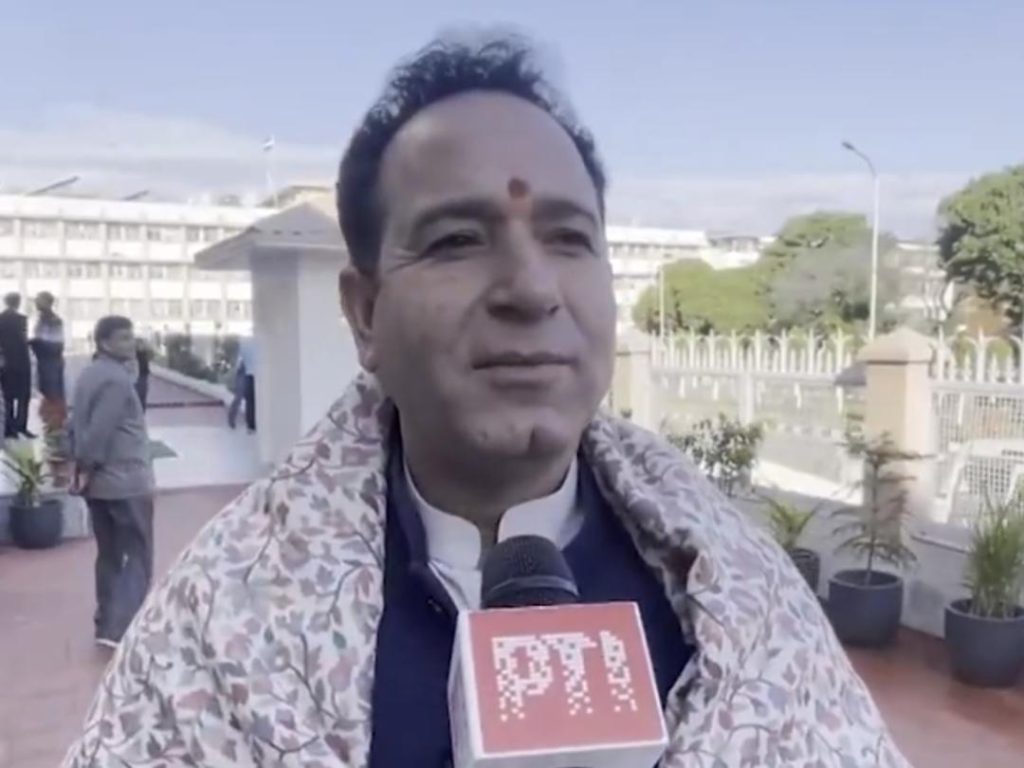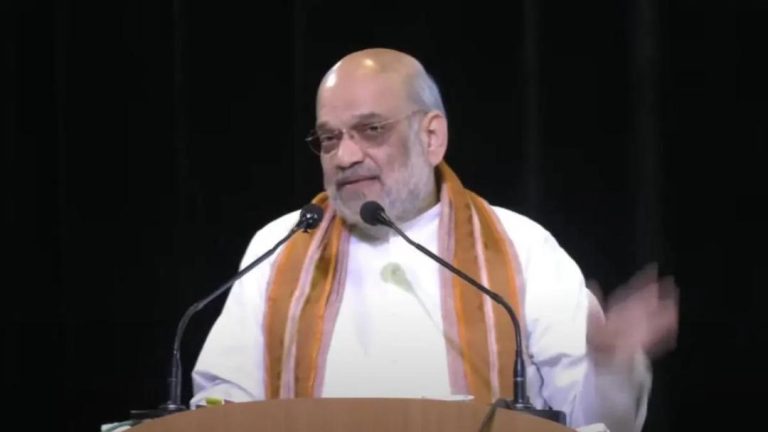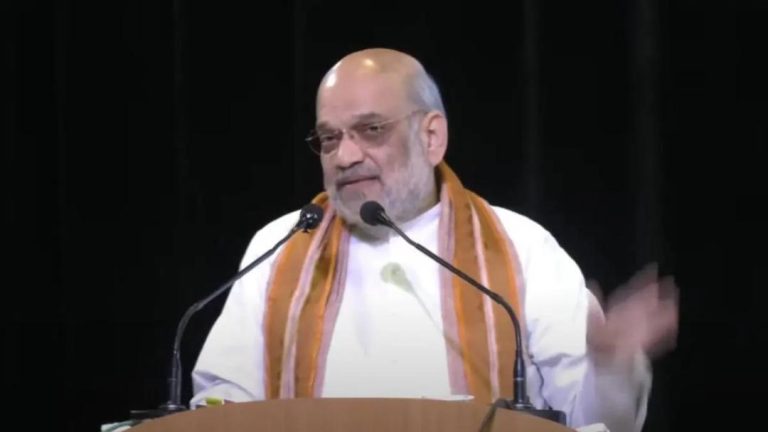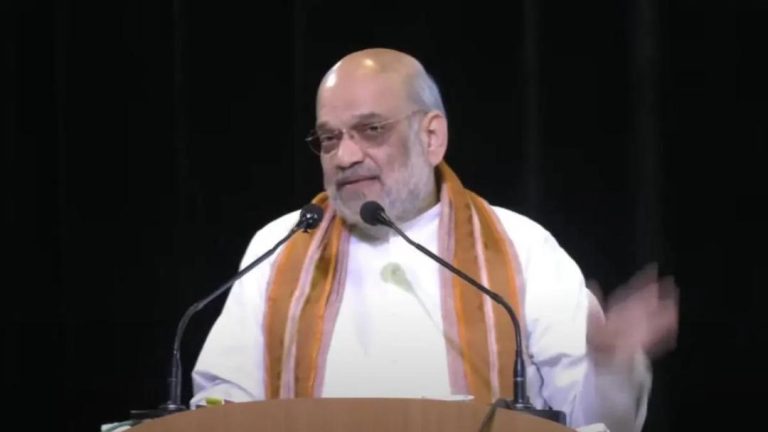
Irrelevant to Discuss Article 370 in J&K Assembly Session: BJP
The recent Jammu and Kashmir Assembly session has been marked by a heated debate on various issues, with the BJP MLA and Leader of Opposition (LoP) Sunil Sharma making a significant statement regarding the discussion on Article 370. Sharma, while addressing the media, said that it is “irrelevant now” to discuss Article 370 in the assembly, adding that it would be a waste of time if the discussion were to take place.
Article 370, a contentious provision in the Indian Constitution, granted special status to Jammu and Kashmir. However, in August 2019, the Indian government revoked this provision, which led to widespread protests and unrest in the region. The BJP, which has been in power at the center, has been keen to implement its agenda in the region, including the abolition of Article 370.
Sharma’s statement has sparked a fresh debate on the relevance of discussing Article 370 in the present context. While some have questioned the BJP’s stance, others have argued that the provision has already been abolished and there is no point in rehashing the issue.
In his statement, Sharma also expressed disappointment over the lack of fulfillment of promises made by the present government in Jammu and Kashmir. He specifically mentioned that the LG’s address to the assembly did not reflect the promises made by the government. This has led to speculation about the BJP’s intentions in the region and its commitment to the welfare of the people.
The BJP’s decision to not discuss Article 370 in the assembly session has been seen as a strategic move to shift the focus away from the contentious issue and towards other pressing matters facing the region. The party has been trying to project itself as a champion of the people’s cause, particularly in terms of security and economic development.
However, the opposition parties in the region have been quick to pounce on the BJP’s statement, accusing it of trying to avoid a discussion on the issue. The National Conference (NC) and the Peoples Democratic Party (PDP), the two major opposition parties in the region, have been vocal in their criticism of the BJP’s stance.
The NC’s spokesperson, Ali Muhammad Sagar, said that the BJP’s decision to avoid a discussion on Article 370 is a clear indication of its lack of commitment to the welfare of the people of Jammu and Kashmir. He added that the party’s sole intention is to impose its agenda on the region, without taking into account the aspirations and concerns of the people.
The PDP’s spokesperson, Mehbooba Mufti, also expressed disappointment over the BJP’s stance, saying that the party is trying to suppress the voices of the people of Jammu and Kashmir. She added that the people of the region have a right to know about the government’s plans and policies, and that the BJP’s decision to avoid a discussion on Article 370 is a clear attempt to deny them this right.
The debate on Article 370 is not new to Jammu and Kashmir. The provision has been a contentious issue for decades, with various political parties and groups having different views on its relevance and implications. However, the BJP’s decision to abolish Article 370 has further polarized the region, with some seeing it as a step towards integration with the rest of the country and others viewing it as a betrayal of the region’s autonomy.
In conclusion, the BJP’s statement that it is “irrelevant now” to discuss Article 370 in the Jammu and Kashmir Assembly session has sparked a fresh debate on the issue. While some have questioned the party’s stance, others have argued that the provision has already been abolished and there is no point in rehashing the issue. The debate is likely to continue, with the opposition parties in the region demanding a discussion on Article 370 and the BJP refusing to budge.




